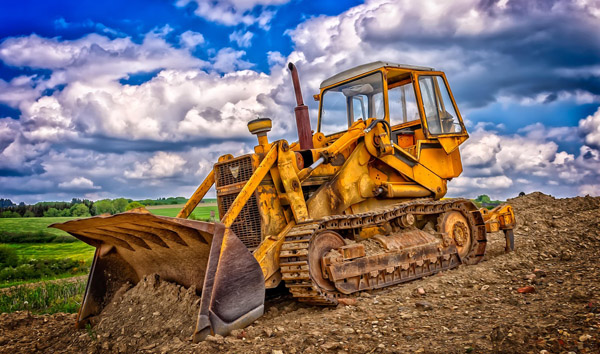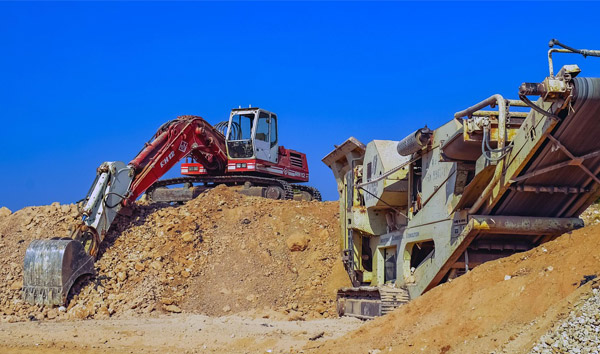Revolutionizing Grain Logistics: The Rise of Advanced Agricultural Loaders
2025-08-04 03:50:26
The global grain handling industry is under increasing pressure to meet rising demand while maintaining cost efficiency. Agricultural loaders have emerged as a critical solution, offering unparalleled speed and accuracy in loading, transporting, and unloading grain. According to industry reports, the adoption of specialized agricultural loaders has increased by 18% annually over the past five years, driven by their ability to minimize grain loss and improve throughput in storage facilities.
Modern agricultural loaders are equipped with advanced hydraulics and automation features, allowing seamless integration with grain silos and transport systems. A study by the International Grain Council revealed that farms utilizing automated agricultural loaders reduced grain spillage by 23% compared to traditional manual methods. These machines are particularly beneficial in large-scale operations, where precision and speed are paramount.
One of the standout innovations in agricultural loaders is their adaptability to various grain types, from wheat and corn to soybeans. Manufacturers have developed modular attachments that enable quick adjustments based on grain density and moisture levels. For instance, John Deere’s latest line of agricultural loaders incorporates AI-driven sensors that optimize bucket fill rates, reducing energy consumption by up to 15%.
Sustainability is another key advantage of modern agricultural loaders. With stricter environmental regulations, grain handling facilities are prioritizing equipment that minimizes fuel consumption and emissions. Case studies from North American farms show that electric-powered agricultural loaders can cut carbon footprints by 30% while maintaining operational efficiency.
Looking ahead, the integration of IoT and telematics in agricultural loaders is set to redefine grain handling logistics. Real-time data analytics will enable predictive maintenance, further reducing downtime and operational costs. As the industry evolves, agricultural loaders will remain at the forefront of innovation, ensuring that grain handling remains efficient, sustainable, and scalable.














